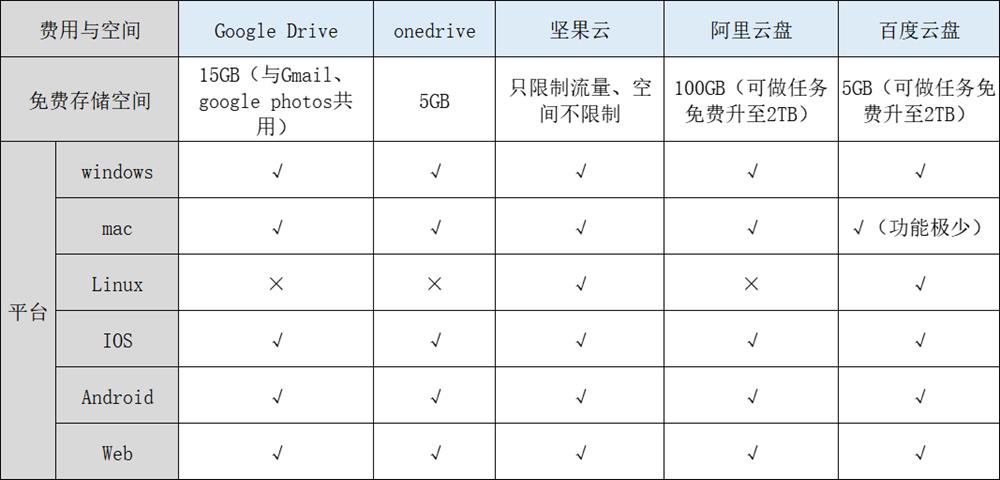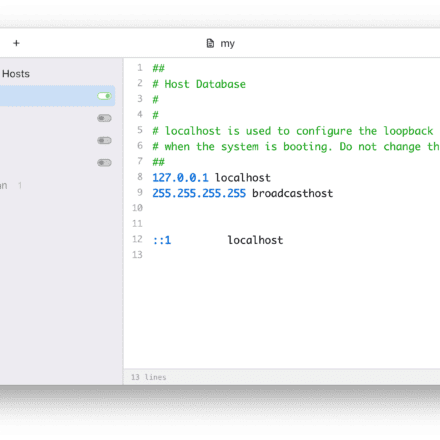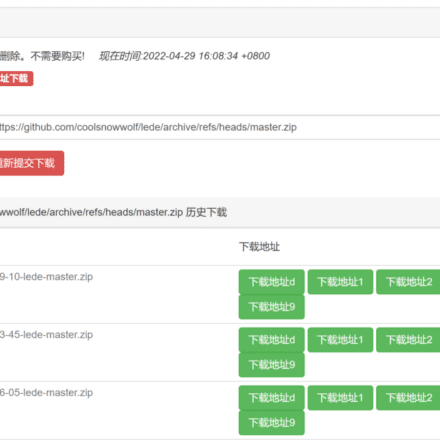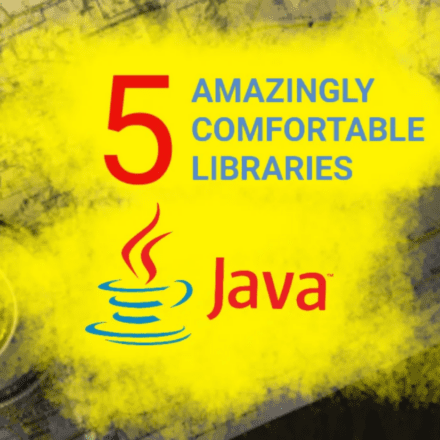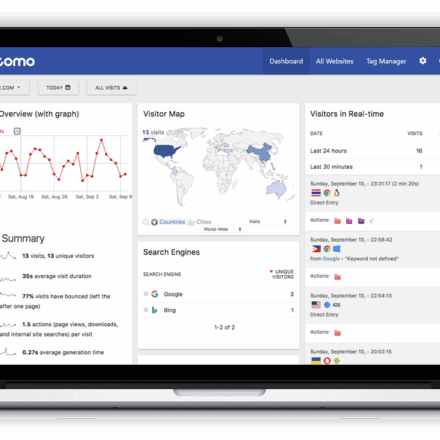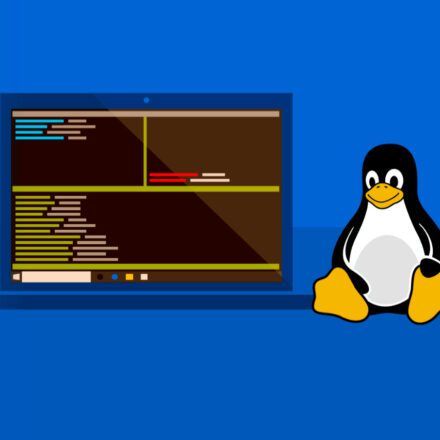Excellent software and practical tutorials
The most comprehensive review of online storage at home and abroad in 2022
The subjects of this evaluation are:Google Drive,OneDrive,Nut Cloud,Alibaba CloudDisk, BaiduNetwork disk.
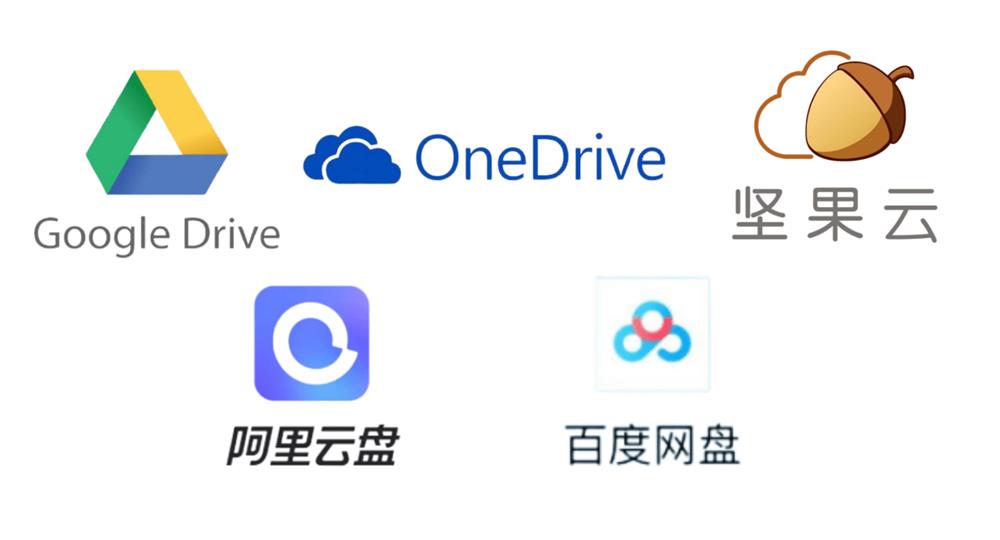
This evaluation will be divided into four major directions from the perspective of actual use, including security, document synchronization, collaborative sharing, and cost and space comparison. The details are shown in the figure below:
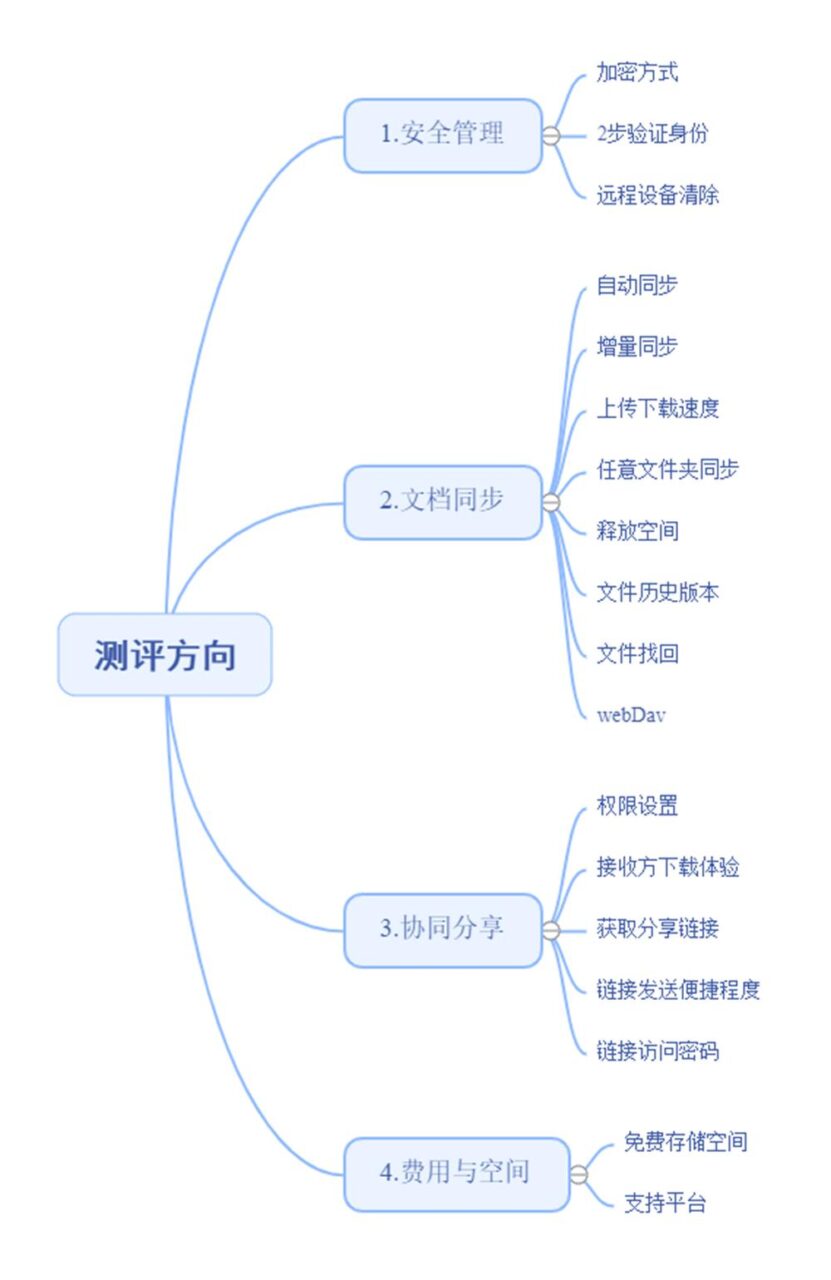
Security
The basic attribute of a network disk is file storage, and for files, security is the most important point to focus on. From the three aspects of encryption, identity authentication, and remote device clearing, the performance of each network disk is as follows:

Document Synchronization
After ensuring the security of stored data, the first thing to consider is the synchronization experience, which includes the issue of whether the upload and download speeds are limited, which is the most concerned issue for everyone.
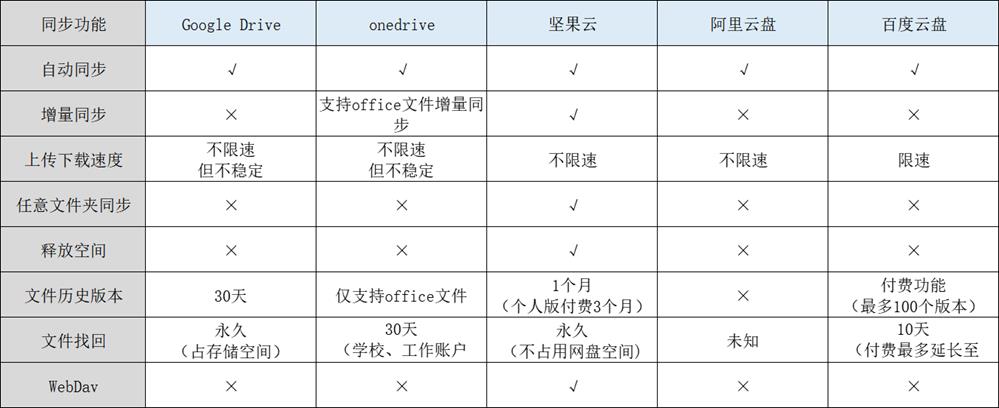
Automatic Sync
Automatic Sync YesGoogle Drive, OneDrive, and Nut Cloud. Automatic synchronization means that after the folders/files on the computer are synchronized to the network disk, any operation performed in the folders/files will be automatically synchronized, which means that as long as you log in to the network disk account, you can always open the latest version of the file through the network disk. This function is generally used to synchronize office files, so that the files are separated from a single computer and exist in the cloud, and every working person has the ability to deal with emergencies (such as business trips, network outages, etc.).
Incremental synchronization
The incremental synchronization function means that when a file is modified, only the modified part is uploaded. This function can greatly save synchronization time and traffic and improve upload efficiency. Currently, only Nut Cloud has achieved comprehensive coverage of file types.
Sync Speed
Regarding the network disk speed issue that has been frequently in the news and hot searches recently, Google Drive, OneDrive, Nut Cloud, and ACloud DiskNeither of them limits the upload and download speeds, but the first two are for reasons that everyone knows.Unlimited speed, is also unstable.
In the same network environment and equipment, we conducted a test:
To synchronize a folder of the same size of 628MB, Nut Cloud took 45 seconds to complete the synchronization, while OneDrive took 2 minutes and 23 seconds.
Thanks to Nut Cloud's lazy loading technology and unlimited speed, when office files are urgently needed, Nut Cloud's speed is even better.
Synchronize any folder
In actual use, Nut Cloud does not restrict the path of the synchronization folder. Folders in any location can be directly synchronized to Nut Cloud, which directly solves the problem of not being able to synchronize folders that cannot be moved (such as system folders/folders whose movement will cause usage problems).
Free up space
OneDrive's ability to free up space and always keep files on this device has always been a popular highlight among users, but the implementation of this feature is based on the file being in the OneDrive-Personal path.
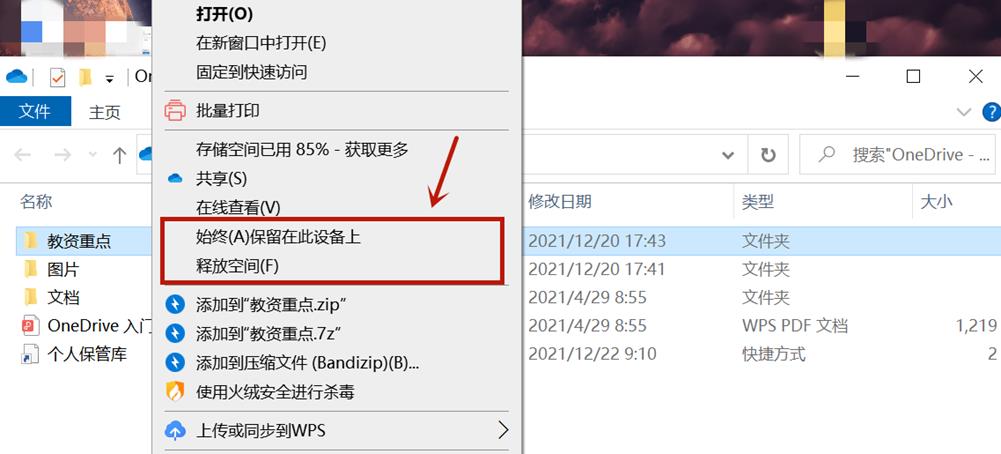
If the folder path cannot be modified, the function of freeing up space is useless. But the latest version of Nut Cloud solves this problem: it supports the operation of "freeing up space" or "always keeping on this device" for all synchronized folders.
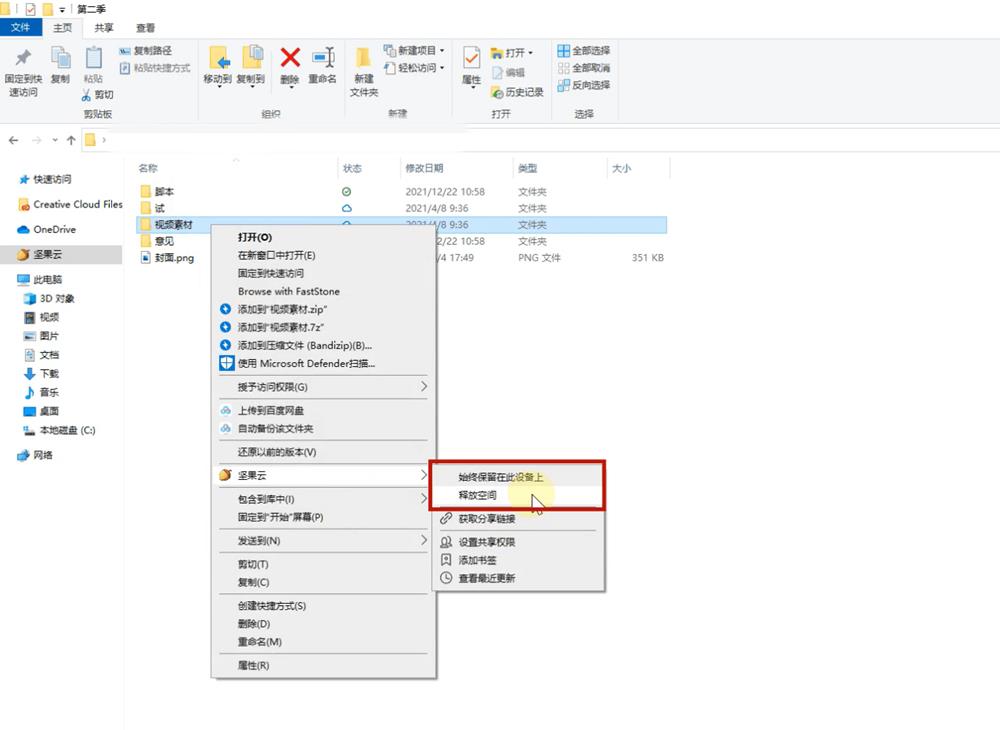
This means that as long as the folder is synchronized to Nut Cloud, no matter which path the folder is in, there is no need to delete the local files. Just select "Free up space" and hundreds of megabytes of files will only take up a few KB while retaining all file structures. When needed, double-click the download to open it.
For example, the 48.6GB file in the picture below only occupies 22.8MB of local space. One folder saves almost 48GB of space. For design, editing and other work that involves a large amount of materials, this function is undoubtedly the best choice.
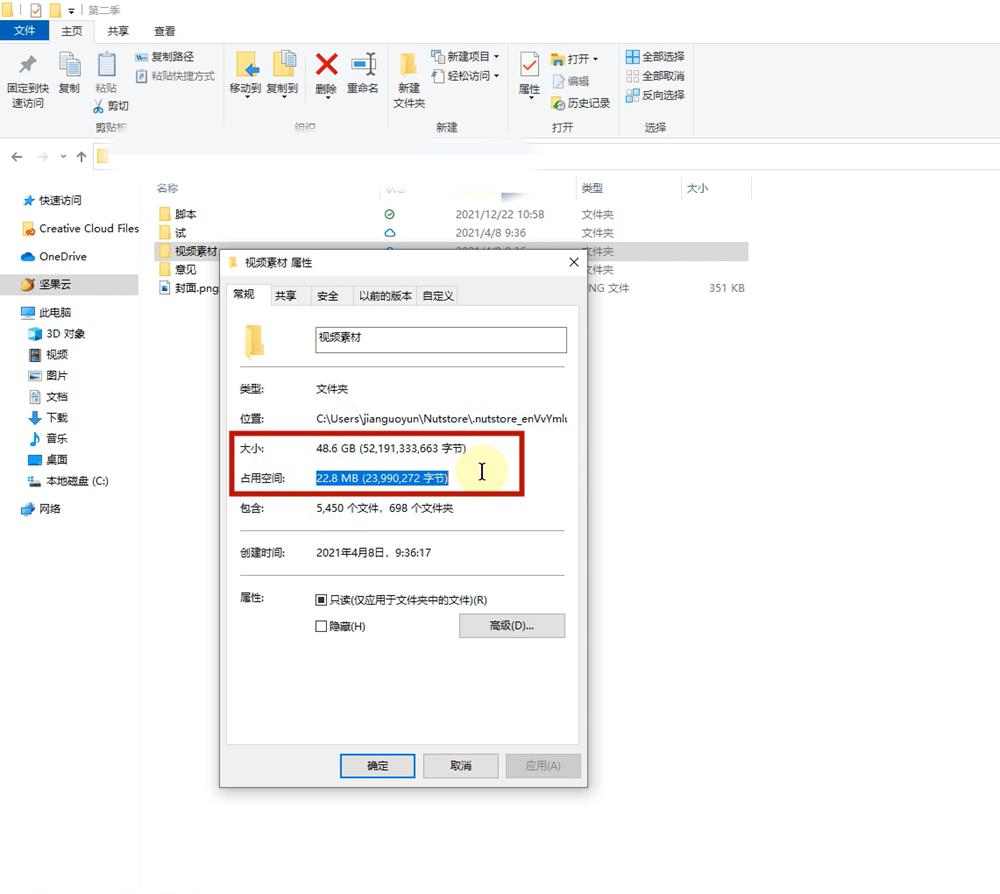 Figure: After the Nut Cloud sync folder frees up space
Figure: After the Nut Cloud sync folder frees up spacecontrastDropboxWith OneDrive's selective synchronization and on-demand downloading, Nut Cloud is the first to break the restrictions on file paths and grant the function of freeing up space to each synchronized folder. It can be said to be the pride of our domestic software.
This directly solves the problem of insufficient computer disk space and directly upgrades the computer hard disk of each user who has installed Nut Cloud to a cloud disk.
In addition, Nut Cloud provides permanent file retrieval, so editors no longer have to worry about accidentally deleting manuscripts.
WebDav
WebDAV is a set of technologies based on the Hypertext Transfer Protocol that facilitates collaborative editing and management of data stored on the World Wide Web.serverIn simple terms, WebDAV is an Internet method that can be used to allocate storage space on the server, and can use usernames and passwords to control access, allowing users to directly store, download, and edit files.
Among the online storage services evaluated this time, only Nut Cloud has the WebDAV function, which allows data to be exchanged with other software.
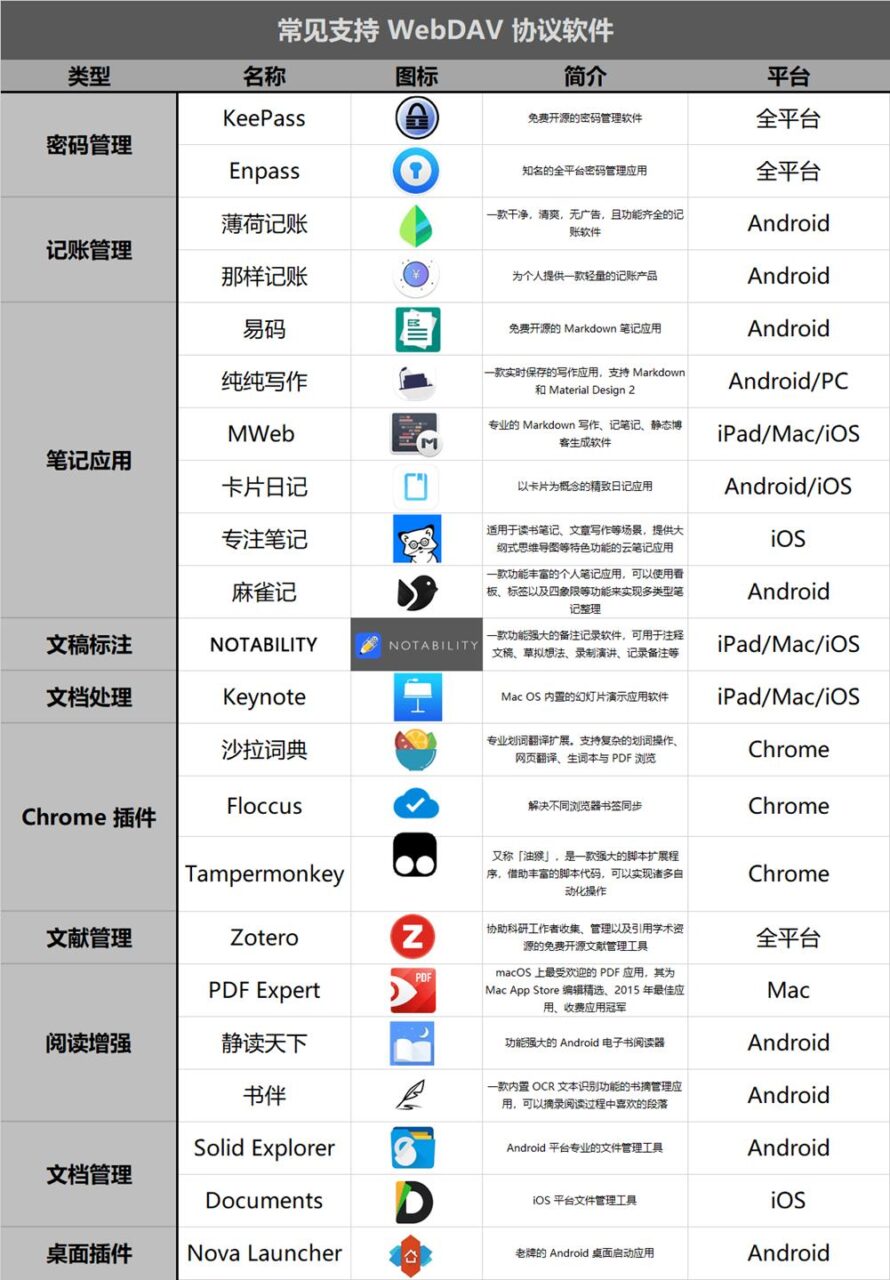
Collaborative sharing
Using online disks for document collaboration is becoming more and more popular, so how do the top five online disks perform in collaborative office work?

Baidu Cloud DiskNeither Baidu Netdisk nor A-Li Cloud Disk supports sharing permission settings. Baidu Netdisk can set the link validity period and generate a password. Although A-Li Cloud Disk cannot generate a link password, it comes with an unlimited speed download experience, making it suitable for sharing large files that can be made public.

OneDrive not only requires payment when setting a link access password, but also requires a paid feature to set the link validity period. Relatively speaking, it is not so user-friendly in terms of sharing permission control.
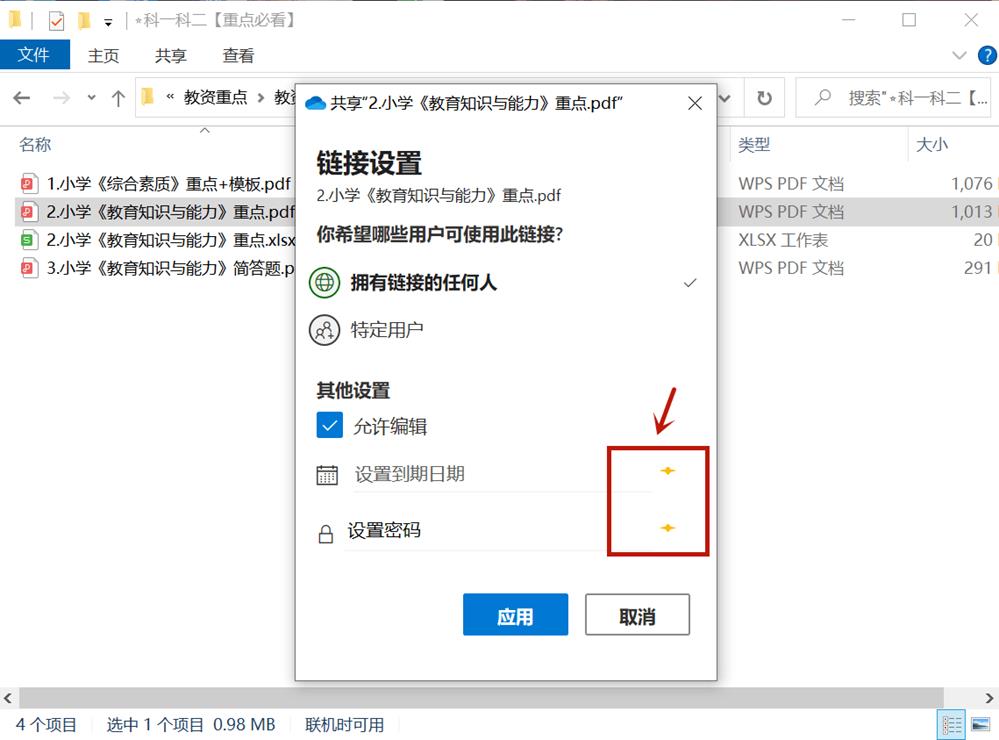
Nut Cloud supports all registered users to generate sharing links, and can define permissions, set validity periods, and generate passwords.
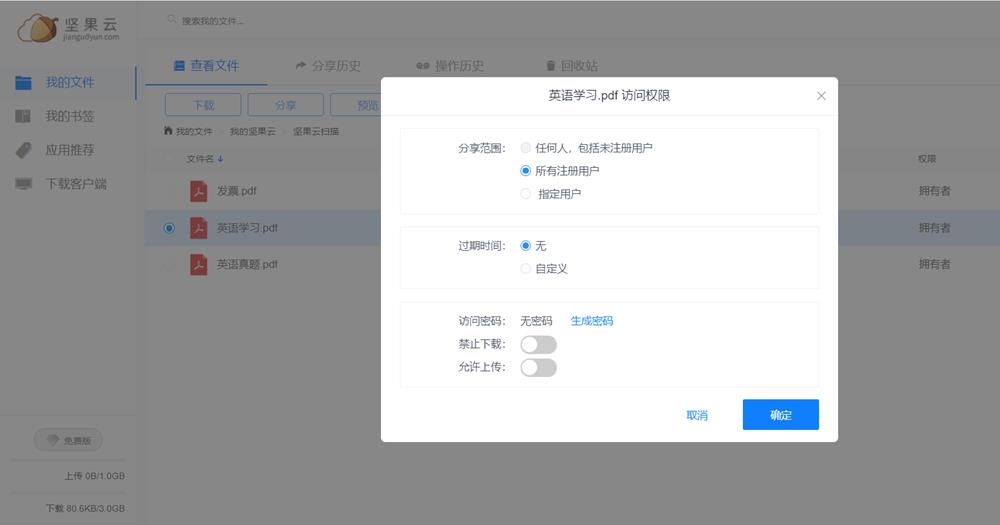
Cost and space comparison
The last part is also what we are most concerned about, the comparison of cost and space and the platform compatibility of each network disk.
